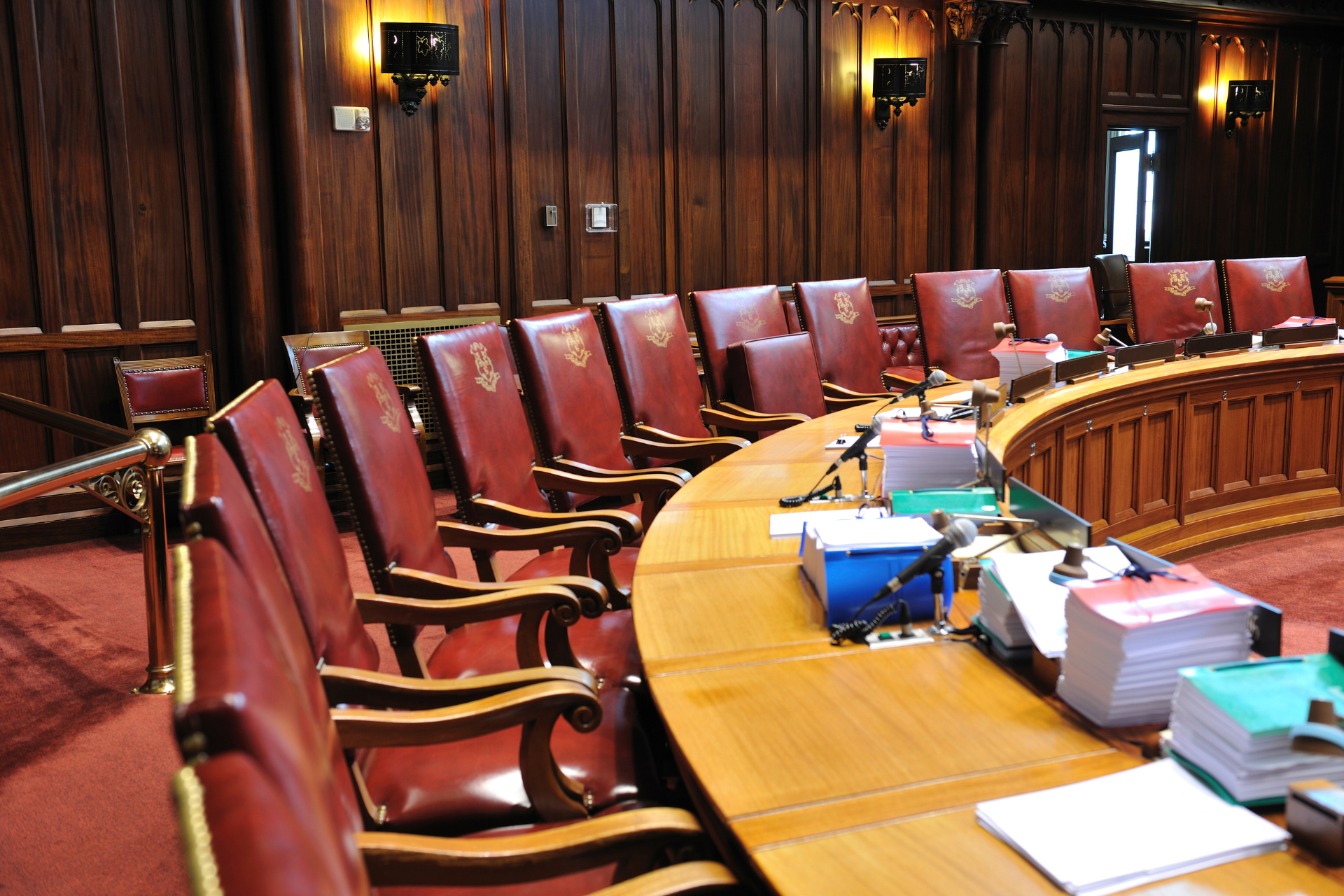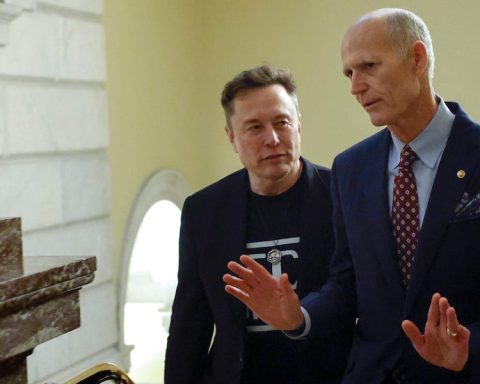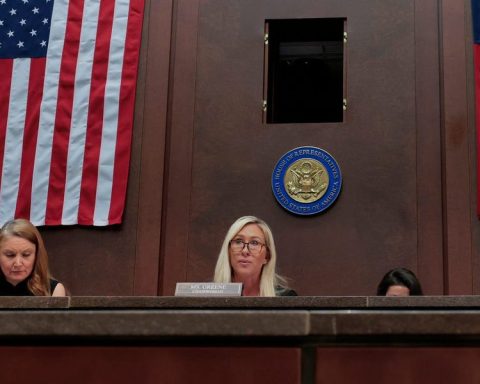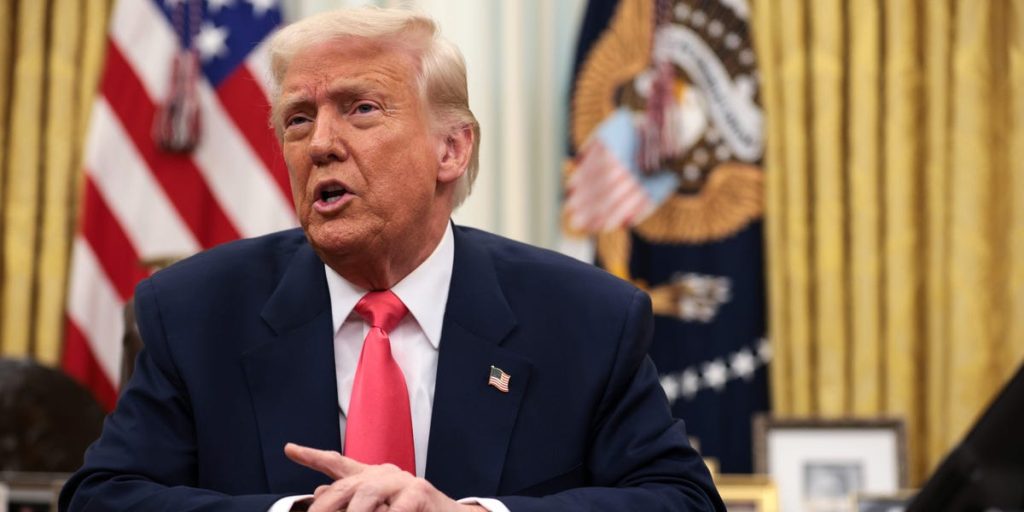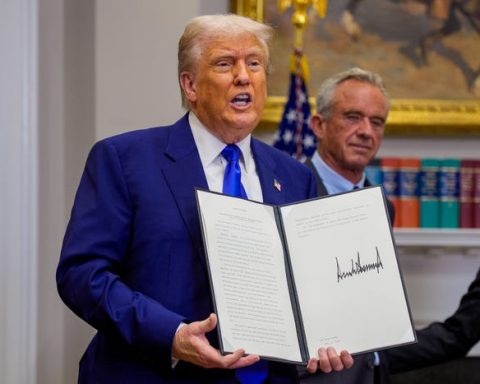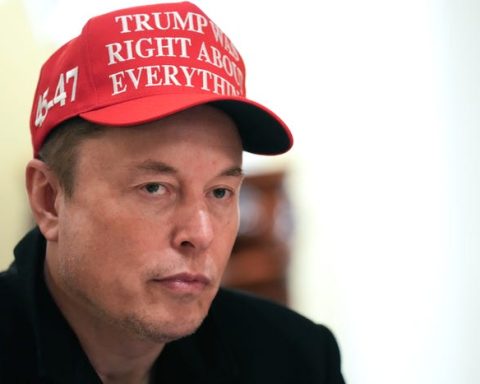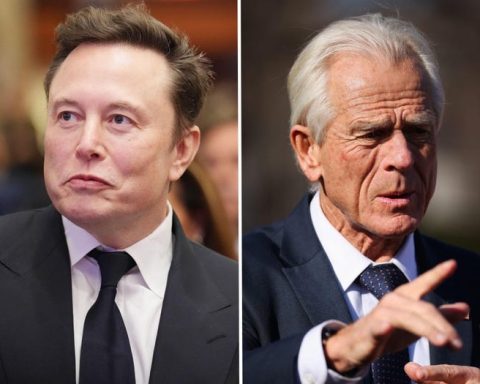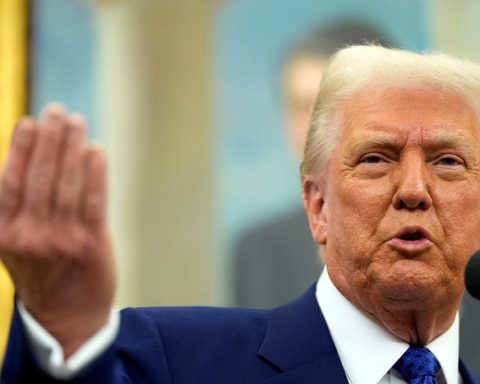Mark Carney, a former Goldman Sachs banker and the ex-governor of the Bank of Canada and the Bank of England, has been elected as Canada’s new prime minister, succeeding Justin Trudeau. Carney takes office during a critical time as U.S. President Donald Trump threatens to impose high tariffs on Canadian goods, which Carney has vocally opposed, labeling Trump as a “bully.”
– Election Victory: Carney, 59, emerged victorious in the Liberal Party leadership vote, securing nearly 86% of the support from approximately 152,000 party members. His election came on March 9, 2025, as he aims to lead Canada through ongoing challenges posed by U.S. trade policies.
– Background: Born in Fort Smith, Northwest Territories, in 1965 and raised in Edmonton, Alberta, Carney graduated with a bachelor’s degree in economics from Harvard University before earning his master’s degree and doctorate from Oxford University. He has a notable banking career, spending 13 years at Goldman Sachs before holding key positions in Canadian finance, including deputy governor of the Bank of Canada and governor of both the Bank of Canada and Bank of England.
– Previous Roles: As governor of the Bank of Canada, he was credited with stabilizing the economy during the 2008 financial crisis. Later, he became the first non-British governor of the Bank of England and served as the UN’s Special Envoy on Climate Action and Finance until 2019.
Surprising Fact: Carney holds passports from Canada and Ireland and became a British citizen in 2018. Recently, he announced plans to renounce both his Irish and British citizenships.
Stance on Trump: Carney has not shied away from criticizing Trump, particularly regarding the proposed tariffs. He asserted that Canada would “stand up to a bully” and expressed that Trump’s tariff policies threatened to weaken the Canadian economy. In his acceptance speech, Carney emphasized that Canada would maintain its sovereignty and independence, rejecting any notion of becoming part of the U.S.
Transition of Power: Trudeau announced on January 6, 2025, that he would resign amid pressures within his party. Carney’s ascent to prime minister is expected to occur in the near future, with reports suggesting he may call for an early federal election soon after taking office.
Opposition Response: Pierre Poilievre, the leader of Canada’s Conservative Party, has criticized the Liberal Party’s decision to elect Carney, claiming it is an attempt to mislead Canadians into voting for the party for a fourth consecutive term. He has alleged that Carney benefited personally from decisions that led to significant job losses in Canada.
